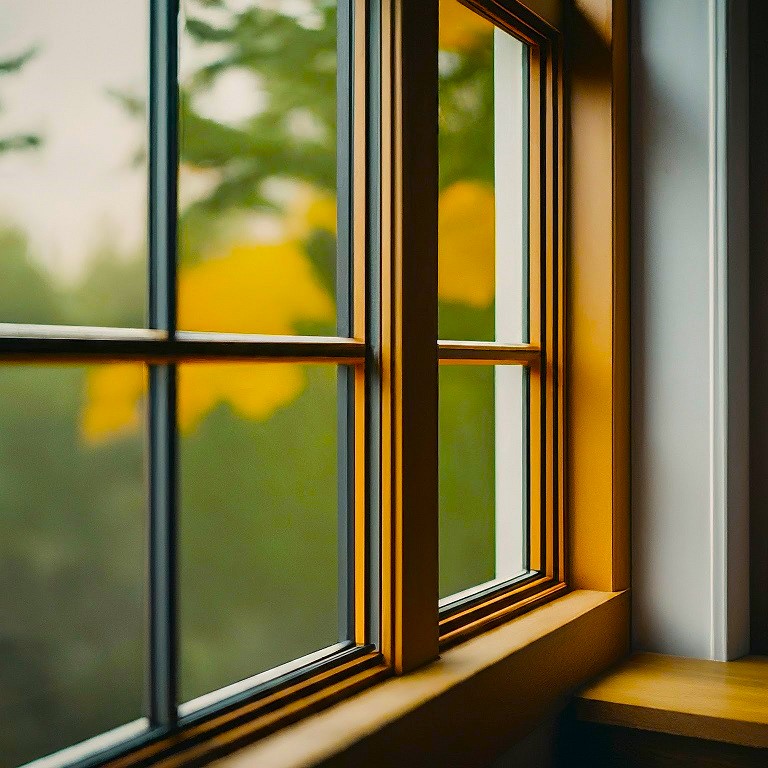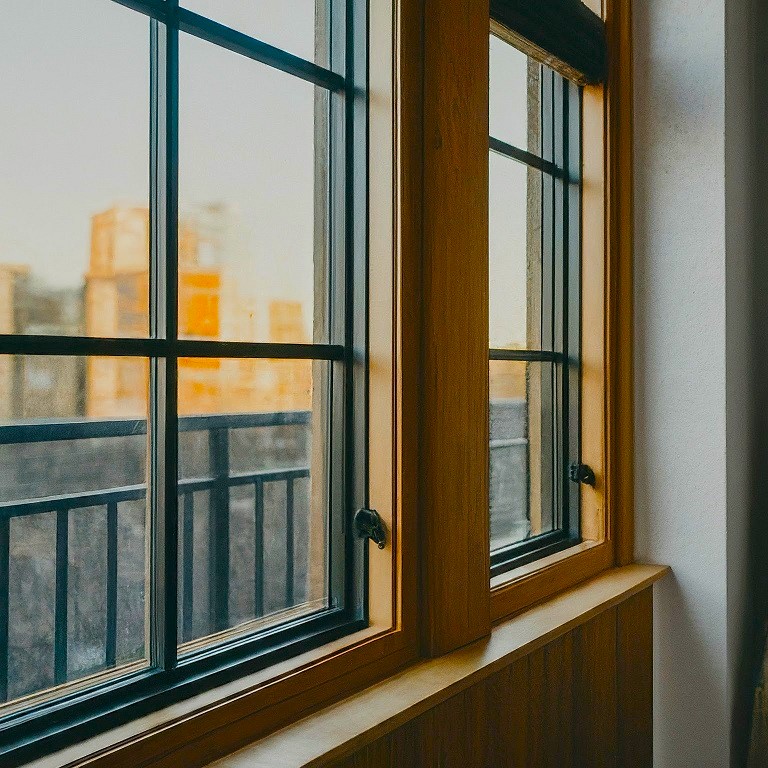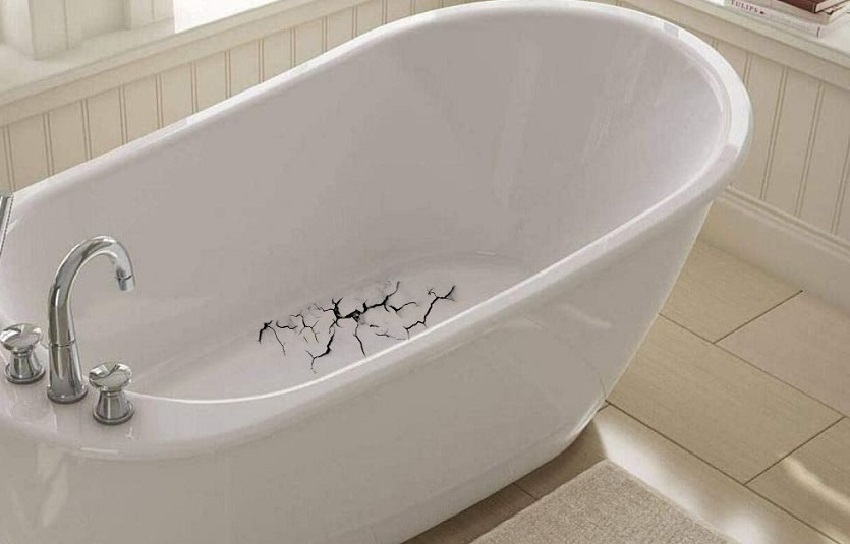Do you long for a peaceful retreat within your own home, a sanctuary from the constant hum of traffic or the boisterous chatter of nearby neighbors? If unwanted noise disrupts your relaxation or concentration, soundproofing your windows can be a game-changer. This guide explores various methods for effectively quieting your space, catering to both DIY enthusiasts and those seeking professional solutions.
Understanding Noise Transmission
Sound travels in waves, and windows, with their thin panes of glass, act as a direct pathway for these waves to enter your home. Here’s a breakdown of how windows contribute to noise pollution:
- Air gaps: Tiny cracks around windows can be surprisingly effective at allowing sound to seep through.
- Single-pane glass: Standard windows offer minimal soundproofing.
- Window resonance: At specific frequencies, windows can vibrate, amplifying certain sounds.
Choosing the Right Soundproofing Method
The best approach to soundproofing your windows depends on your budget, DIY skills, and desired noise reduction level. Here’s a range of solutions, from quick fixes to more comprehensive strategies:
DIY-Friendly Solutions:
- Seal air gaps: Use acoustic caulk or weatherstripping to plug any leaks around your window frames. This simple step can significantly improve soundproofing.
- Thicken your curtains: Invest in heavy, noise-reducing curtains made of dense materials like velvet or suede. Hanging them close to the wall and extending them beyond the window frame creates an additional sound barrier.
- Cellular shades: These honeycomb-shaped blinds offer some sound absorption and can be a stylish alternative to bulky curtains.
For More Significant Noise Reduction:
- Acoustic window inserts: These are secondary panels made of sound-absorbing materials like acrylic or fiberglass. They attach to your existing windows and offer a noticeable noise reduction.
- Window film: While not the most effective solution on its own, adding a layer of soundproofing film to your windows can provide some additional dampening, especially when combined with other methods.
Professional Solutions:
- Multi-pane windows: Replacing your existing windows with double or triple-glazed units creates a significant barrier to sound waves. Look for windows with varying pane thicknesses for optimal noise reduction.
- Acoustic glazing: This specialized type of glass is laminated with a sound-absorbing interlayer, providing the highest level of soundproofing for windows.
Related: How Do You Decorate Space Between Two Windows?
Additional Considerations:
- Ventilation: Some soundproofing methods can affect airflow. Consider incorporating ventilation strategies like exhaust fans or opening windows in other rooms to maintain good air quality.
- Aesthetics: Balance noise reduction with the visual appeal of your windows. Choose curtains or blinds that complement your decor, and explore options for clear acoustic panels if maintaining a clear view is important.
By following these tips and considering the available solutions, you can effectively soundproof your windows and create a quieter, more peaceful haven within your home. Remember, even a combination of minor adjustments can yield significant results in your quest for tranquility.
Related: Is it worth replacing the basement windows?
Soundproofing Your Windows: Frequently Asked Questions
Q: How much noise reduction can I expect?
A: The effectiveness of soundproofing varies depending on the method used. Sealing air gaps and adding curtains can reduce noise by a few decibels, while acoustic window inserts and specialized glazing offer a more substantial reduction of 10-30 decibels or more.
Q: Are replacement windows my only option?
A: Not at all! Replacement windows with thicker panes or acoustic glazing are a great solution, but they can be expensive. Consider DIY methods like acoustic caulk, soundproofing curtains, or acrylic panels first. These can be surprisingly effective, especially for moderate noise reduction.
Q: Do soundproof window inserts affect the look of my windows?
A: Some acoustic inserts are visible from the outside, but they come in various styles and materials. Clear acrylic panels offer a near-invisible solution, while thicker, framed inserts might be more noticeable.
Q: Can I still open and close my windows with soundproofing measures?
A: This depends on the method. Sealing air gaps and adding curtains won’t affect window functionality. However, some window inserts are fixed panels, while others may have a limited opening mechanism. Replacement windows may also have slightly different operation styles.
Q: I’m handy, but is installing soundproofing materials difficult?
A: Many soundproofing solutions are DIY-friendly! Applying caulk, hanging curtains, and installing some window inserts are manageable tasks. For complex solutions like acoustic glazing or some window inserts, professional help might be recommended.
Q: What’s the most cost-effective way to soundproof my windows?
A: Sealing air gaps and adding thick curtains are the most budget-friendly options. For a step up, consider cellular shades or acrylic window inserts. Replacement windows with thicker panes or acoustic glazing offer the best noise reduction but come at a higher cost.




